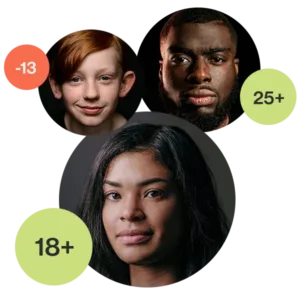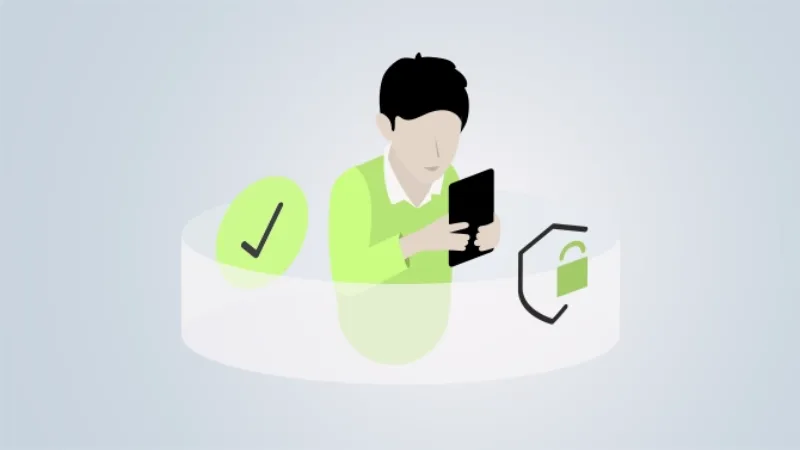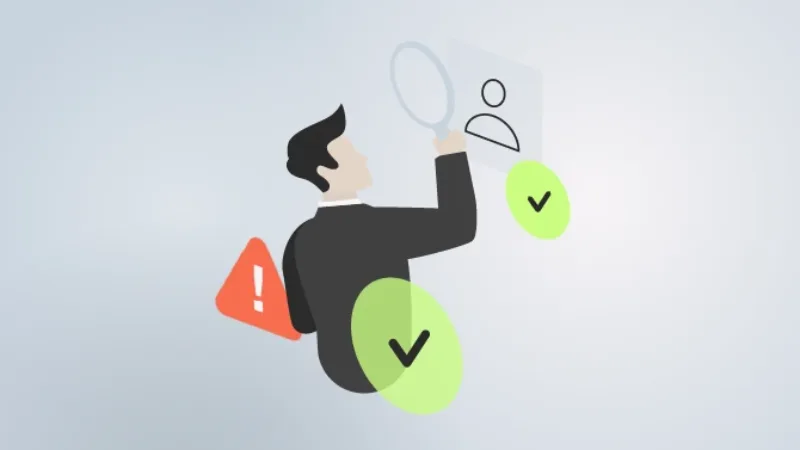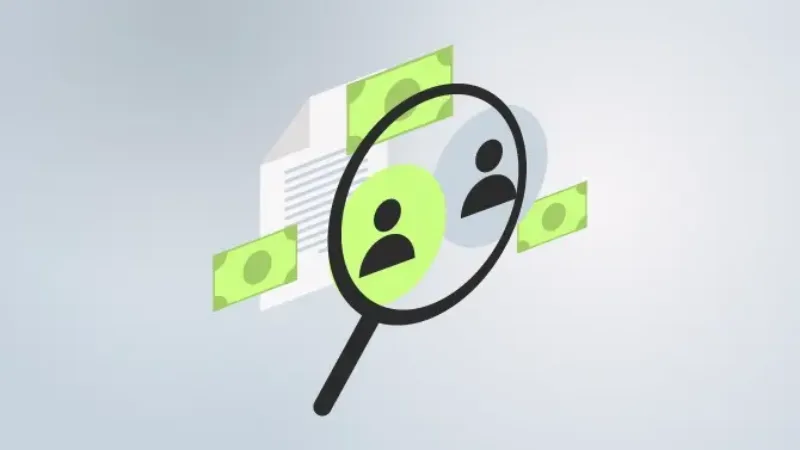Florida Age Verification Law Explained
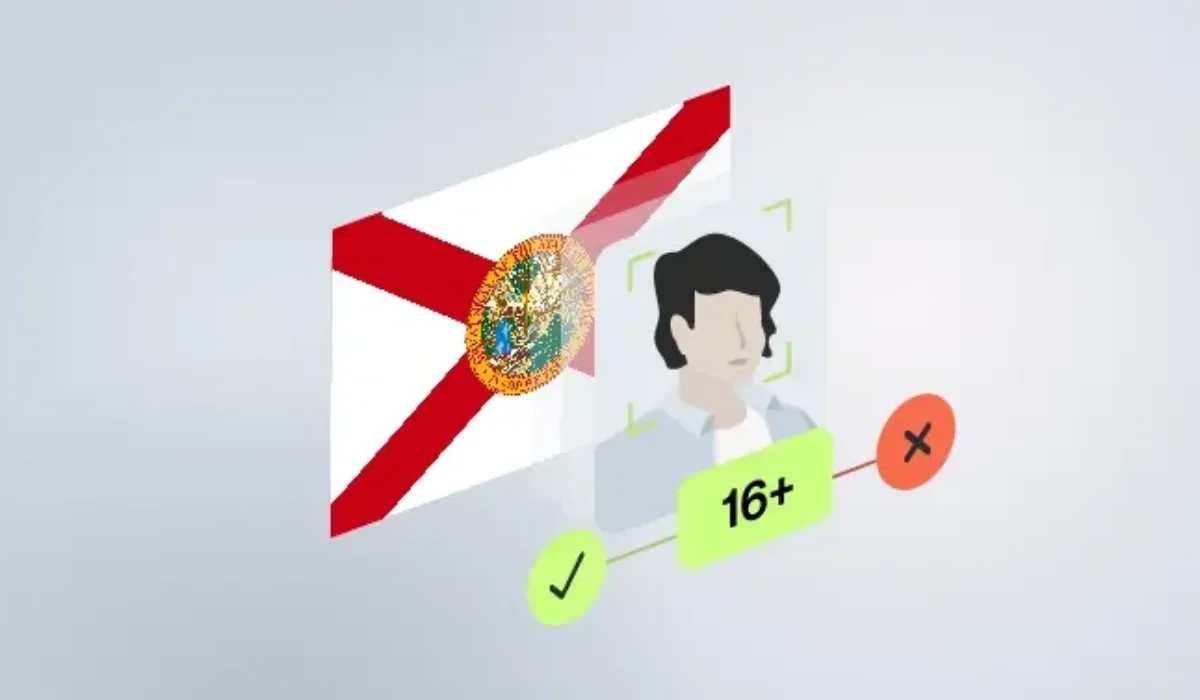
Florida has joined the growing wave of states enacting strict age verification requirements for online content. With the passage of HB 3, also known as the Online Protections for Minors Act, Florida lawmakers passed a sweeping regulation aimed at keeping minors away from adult material, raising both support and controversy from stakeholders across the digital landscape. Here’s a comprehensive look at what the law means, who it affects, and why it matters.
What Is the Florida Age Verification Law?
The Florida age verification law (HB 3) targets websites that host content deemed “harmful to minors”—a category that includes adult material, explicit content, and certain violent or obscene content. Signed into law in 2024, it requires these platforms to verify age before users can gain access. The bill also includes provisions aimed at restricting social media accounts for users under 16.
This move follows in the footsteps of the Texas law, which similarly mandates age checks for access to adult sites and social platforms. But Florida’s law is broader and more punitive—making it a lightning rod for constitutional debate.
Who Must Comply With the Law?
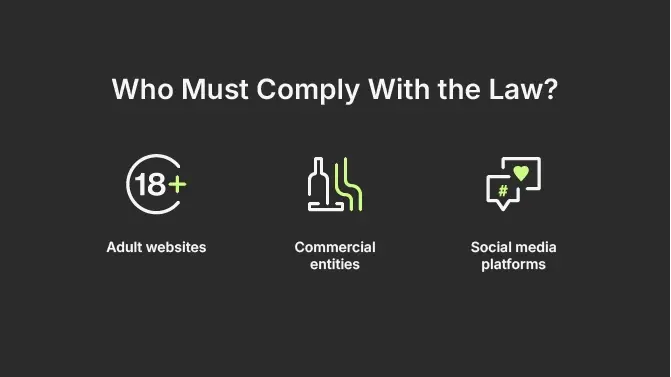
The law applies to a substantial portion of digital platforms, particularly:
- Adult websites that publish sexually explicit content;
- Commercial entities that distribute material considered harmful to minors;
- Social media platforms that allow underage users to create social media accounts or interact with adult-themed features.
Even businesses not based in Florida must comply if they are publicly accessible to Florida users.
How Does Age Verification Work Under HB 3?
Florida doesn’t mandate a single technology for compliance but insists on “reasonable age verification methods.” These may include:
- Uploading a government-issued ID;
- Use of third-party age verification providers;
- AI-powered facial age estimation or biometric screening.
However, these measures inevitably involve the handling of highly sensitive personal information, leading to serious privacy concerns from advocacy groups like the Free Speech Coalition and the adult entertainment industry group representing content publishers.
Moreover, platforms are prohibited from using this data for any purpose other than to verify age, and must avoid storing unnecessary user information.
Enforcement, Penalties, and Legal Risks
HB 3 includes aggressive enforcement measures:
- Civil fines up to $50,000 per violation;
- Civil lawsuits by individuals or the Attorney General;
- Potential criminal charges for repeat or severe violations.
Legal risks are especially high for adult websites and content platforms that don’t proactively implement age verification requirements.
But enforcement is already facing headwinds. In July 2024, District Judge Mark Walker granted a preliminary injunction against portions of the law, citing First Amendment concerns and the right to access speech without undue barriers.
How Does Florida’s Law Compare to Other State Laws?
Florida’s legislation builds on trends from states like:
| State | Key Feature |
| Texas | Age verification for adult sites, with penalties for non-compliance. |
| Utah | Parental consent required for social media accounts. |
| California | Focuses on data privacy and child-first design, not explicit ID checks. |
However, Florida’s HB 3 is more encompassing: it combines elements of content regulation with restrictions on social media accounts, affecting both adult material publishers and mainstream platforms.
Controversies and Challenges Surrounding the Law
The law has sparked major backlash from civil liberties organizations, including the Free Speech Coalition, who argue it infringes on First Amendment rights by restricting access to speech and forcing users to disclose highly sensitive personal information.
Key controversies include:
- Overreach into lawful adult content;
- Lack of clear technical standards for compliance;
- Burdening websites with legal and financial risks;
- Potential for data misuse despite strict legal wording.
Opponents argue that the law fails to balance putting user safety first with preserving constitutional rights. Several lawsuits are already underway, and a Supreme Court ruling on a similar case could influence HB 3’s future.
Why It Matters for Online Safety and Compliance
Florida’s law represents both a publicly supported age verification initiative and a complex challenge for digital rights. It aims at putting user safety, especially for minors—at the forefront of online experiences. But that goal comes with the cost of privacy and access for legitimate adult users.
For businesses, this means:
- Assessing whether your platform hosts adult material or permits underage users;
- Choosing compliant methods to verify age;
- Being prepared for potential legal action or audits.

Final Thoughts
Whether seen as a safeguard or a censor, Florida’s HB 3 marks a turning point. As legal battles unfold, including possible escalation to a Supreme Court ruling, platforms must prepare for stricter scrutiny of content access and user data. Understanding your obligations under this law—and its possible outcomes—is essential for any online business operating in the U.S.


